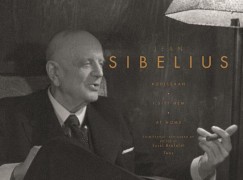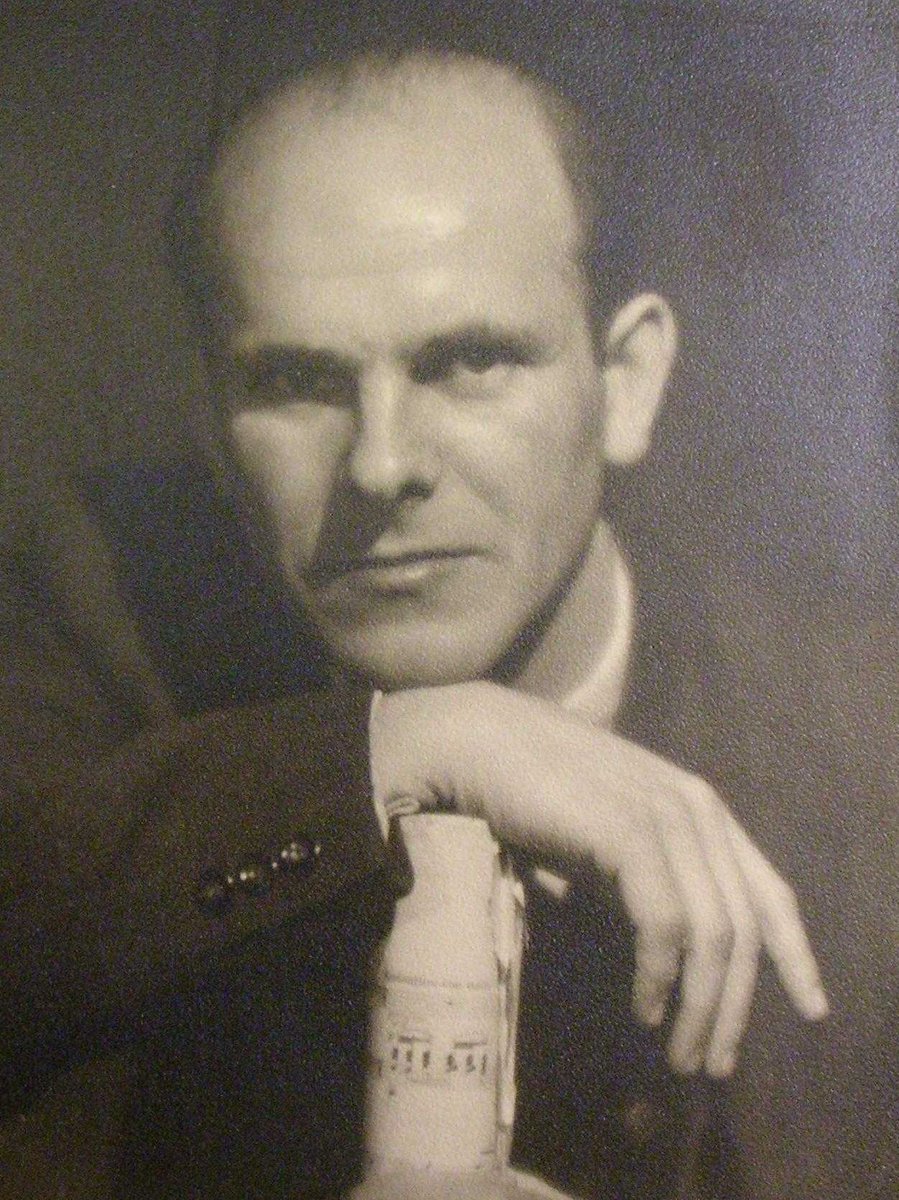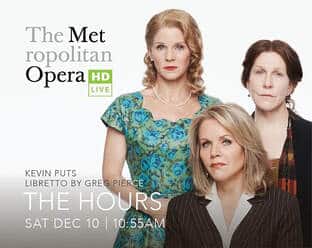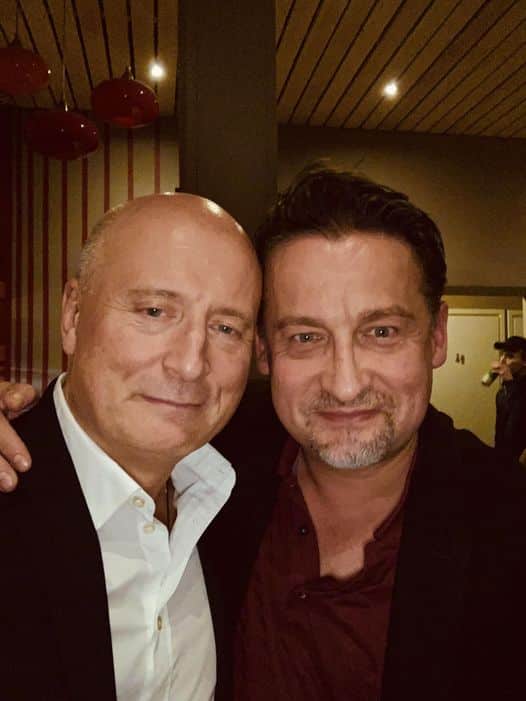The inimitable sound of Sibelius’s voice
mainNow, at last, with English subtitles.
The unique 1948 radio interview begins at 1:50.
The voice, steeped in liquor and cigars, is unforgettable, hypnotic.

Now, at last, with English subtitles.
The unique 1948 radio interview begins at 1:50.
The voice, steeped in liquor and cigars, is unforgettable, hypnotic.
Leo Geyer, a doctoral student at Oxford University…

Memo to Peter Gelb: Don’t read the Opera…

The US violinist has posted this message on…

The conductor has posted a memorial notice for…

Session expired
Please log in again. The login page will open in a new tab. After logging in you can close it and return to this page.
Fascinating, but he doesn’t quite sound the life and soul of the party…
The pacing of that interview makes me want to slit my wrists.
You know you can adjust the speed on YouTube videos, yes?
Sibelius, like Churchill, demonstrates that you can live a very long life despite a very unhealthy lifestyle.
… if you won the genes lottery. Helmut Schmidt evidently belonged to that small club too. For ordinary mortals with ordinary genes, statistics say another story.
If the great composers would have seen their music flourish for decades, and centuries, I wonder what they would say. Many never have the chance to see their compositions flourish. I often wonder what it would be like to meet them today and what they would say, what they would think, and how they would respond to performances of their music now.
Could’nt see any subtitles
You have to open it in YouTube and activate the subtitles there. Lower right corner, left from settings.
Incisive questioning. On a par with asking the great man if he has one or two Weetabix for breakfast.
Such incisive questioning, On a par with asking the great man if he had one or two Weetabix for breakfast.
Hopeless interviewer.
From YouTube notes: “The interviewer is Kalevi Kilpi (1922-96) who was also Sibelius’s grandson-in-law. He has later said he regretted that he then, being a young journalist, did not ask any perhaps more worthwhile questions. However, the main aim was […] to capture anything at all spoken by him for the posterity.”
He doesn’t really say anything precisely, apart from naming the countries where his music is well understood and played…. he’s vague on “contemporary music” -on orchestras, visitors…. so apart from hearing his voice, we’re left not much the wiser! Not really the interviewer’s fault, he did his best. Certainly worth hearing for curiosity, but not for insight or enlightenment.
Well from what I understand he was a very private man in his later years and he seemed to not want to say anything controversial in the interview. But how I wish he was asked about his reportedly completed Eighth Symphony the score of which he allegedly tossed into the fireplace after telling Koussevitsky that the piece was complete.
This is that voice that Mahler heard when the two met. Perhaps not exactly the same aged sound caused by the booze & cigars, but the intonation and feeling. It’s a shame he is being overtly careful with his answers so as to avoid any perceived misinterpretation.
With reference to Sibelius’s voice, it should be remembered that as a younger man he suffered throat cancer and endured at least one and perhaps two operations. It was around the time he was composing his Fourth Symphony which may account for the austerity and bleakness of the work. After some abstinence from alcohol and cigars as ordered by his doctors, Sibelius took both up again with some gusto.